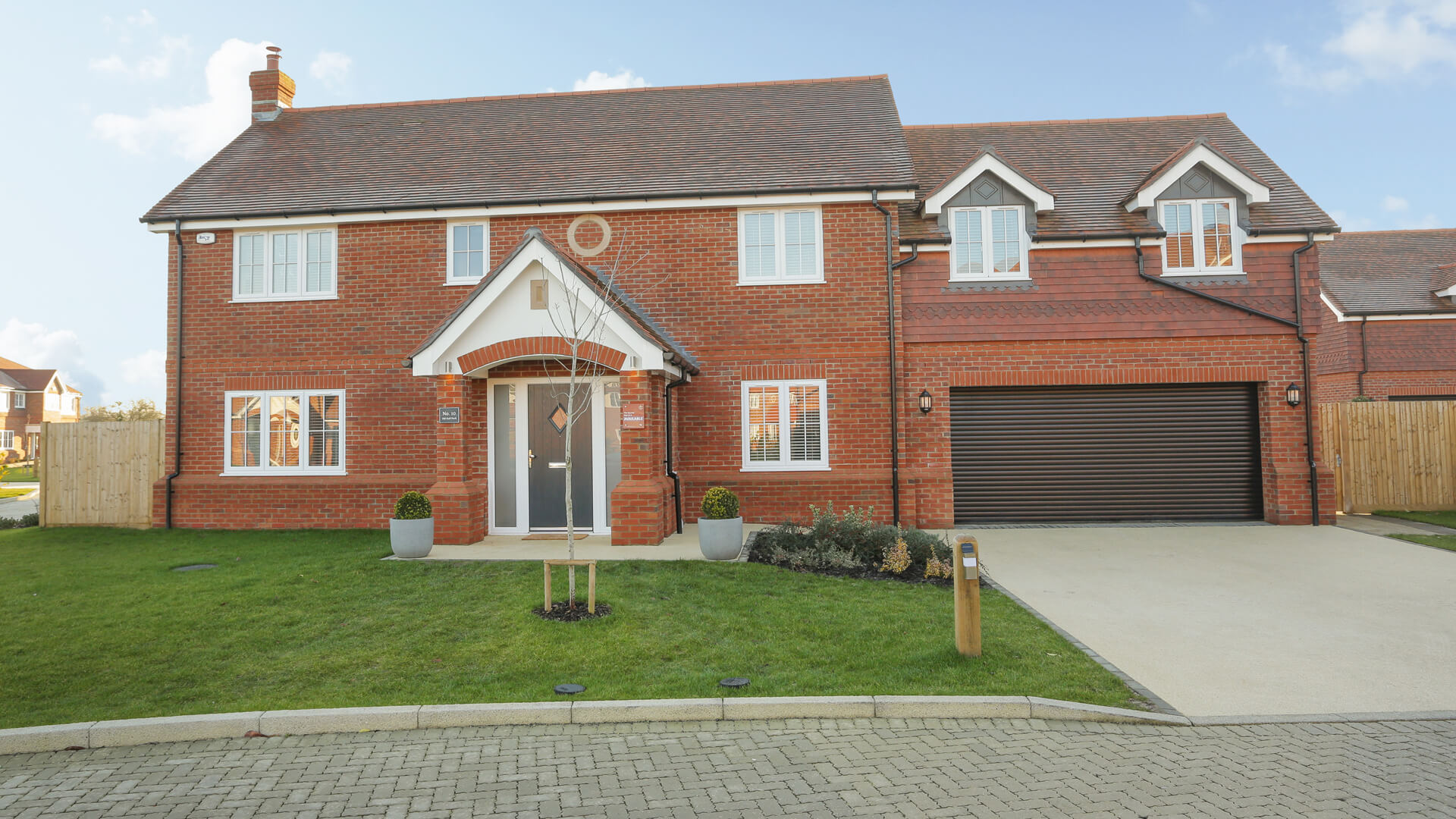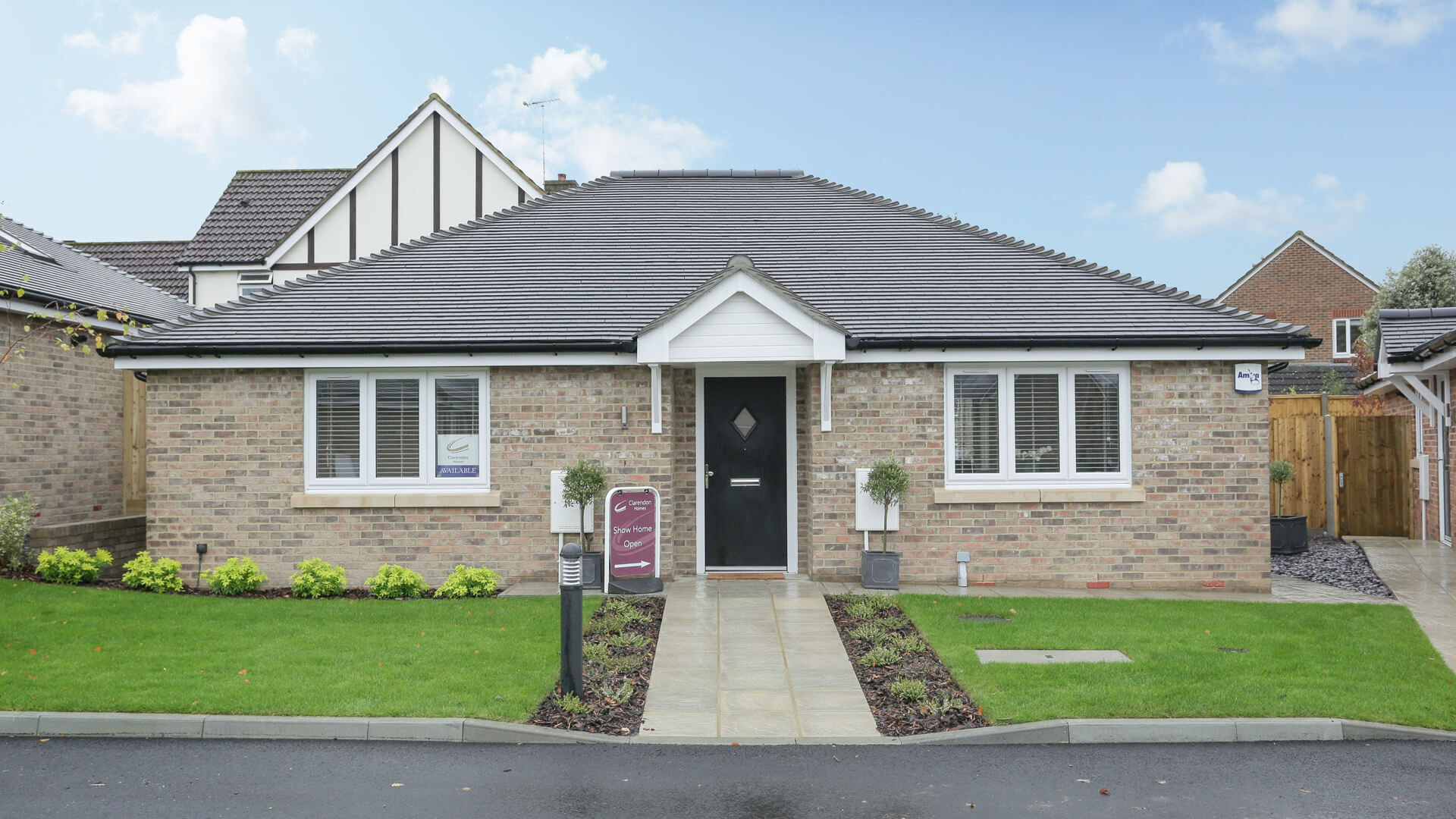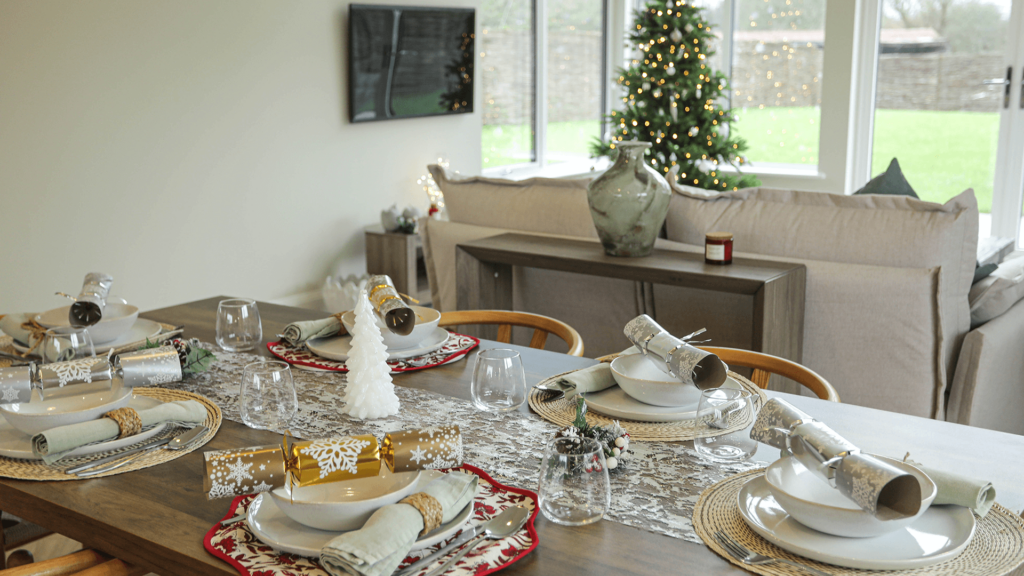What Is Shared Ownership?
12-02-2021 Blog
Shared Ownership is a good way to get on the property ladder for those who cannot afford a house. Learning what Shared Ownership is provides a good place to start, and it is a lot easier to understand than you may think!
Shared ownership is exactly how it sounds. It is a part buy, part rent scheme, where you can own part of a property and pay rent on the rest. This is done by buying a share in the property (usually between 25% and 75%), which you pay mortgage on, and then renting the remaining shares which you do not own to a housing association (so you do not need to pay a mortgage on the entire property when you don’t own it all!). Over time, you can go on to buy more shares in the property in question through a process known as ‘staircasing’. You can staircase your way all the way up to 100% if you wanted to which would result in you becoming the outright owner. In this scenario you do not need to pay any rent, you just need to pay your mortgage.
Sounds relatively simple, right? That’s because it is! As you can see, it is not as difficult to wrap your head around as you may have first suspected. This being said, there are still other things to consider, so we will go over reasons for (and against) buying a shared ownership home, who is eligible, how to buy and finally what some alternatives are.

Why Buy?
Shared Ownership is essentially for people who would like to own their own home but can’t afford to buy on the open market. As with any big decision, it is important to weight up the pros and cons.
Advantages:
- Lower costs than buying on the open market.
- Get out of the rent trap. When you cannot afford to buy a house, it can be easy to see monthly rent prices and think “I can afford that”. This is a very dangerous way of thinking, because when you live in a place you are renting, you are essentially losing money with nothing to show for it. With a shared ownership, you can own a house with less money, so you can wave the renting life goodbye! There is still a monthly/annual rent on the part of the house you don’t own, but it is significantly less than renting a normal apartment, especially in city hotspots like London.
- Peace of mind. Not having the constant threat of another move is a nice weight off your shoulders – home ownership offers stability where renting cannot.
- Small deposit – as little as 5% of the value of your share (not the value of the entire property).
- Makes getting onto the property ladder much more affordable.
- Personalisation – you can have a home you can call your own.
- One day 100% of the home can be yours!
Disadvantages:
- Stamp Duty Land Tax (SDLT), as well as other fees like an arrangement fee and interest fees, may apply to the purchase price of your home (and any additional shares purchased) at the time of transaction and on an ongoing basis. It is important to consider these at the time of purchase, sadly shared ownership does not escape fees! (Note: Reduced rates of SDLT will apply for all residential properties purchased from 8 July 2020 until 31 March 2021.)
- A subsidised rent on the part of the house you don’t own (usually charged at 2.75% of the property value per annum).
- A small monthly service charge which goes towards maintaining the building and environment
- Constant communication with the housing association/authority who owns the other share.
- The psychological burden of knowing you do not fully own your house. This is seldom an issue, but if you want to have the security of knowing that your property is yours and only yours, you may want to look at alternative schemes that are out there which can help you buy, such as the Help to Buy Equity Loan and Lifetime ISA’s. You will also pay no Stamp Duty if the amount you pay for your main home is under £500,000, making now an excellent opportunity to purchase a home, shared or not. If you are interested in purchasing your own new build home, have a look at Clarendon Homes’ current developments today, many of which are available with the help of Help To Buy schemes.

Who Is Eligible?
There are some general eligibility requirements that anyone wishing to buy a Shared Ownership home must meet. The general eligibility criteria for Shared Ownership are as follows:
- You must be at least 18 years old.
- Outside of London your annual household income must be less than £80,000.
- In London, your annual household income must be less than £90,000.
- Shared Ownership purchasers are often first time buyers but if you do already own another home, you must be in the process of selling it.
- You must show you are not in mortgage or rent arrears.
- You must be able to demonstrate that you have a good credit history (no bad debts or County Court Judgements) and can afford the regular payments and costs involved in buying a home.
As well as these legal requirements, it is also worth mentioning that you will need access to the deposit amount required as well as a bit of money saved to cover the costs of buying a home.

How To Buy
Getting started with Shared Ownership is not as complicated as you might think. Firstly, you should check if you are eligible. Please note that in addition to the general eligibility rules, some housing associations and local boroughs have their own terms regarding priorities and affordability.
When you have chosen a property, you will need to make sure you have the required deposit and get a mortgage (for more information on Mortgages, see our previous blog here).
To buy any type of home (including Shared Ownership) through a government funded Help to Buy scheme, contact the Help to Buy agent in the area you want to live.

Conclusion
To summarise, If you can’t quite afford the mortgage on 100% of a home, Shared Ownership offers you the chance to buy a share of your home (between 25% and 75% of the home’s value) and pay rent on the remaining share. This is perfect for people who want to get on the property ladder early on to avoid living at rented places. As with any big financial decision, always perform your due diligence before committing to anything, as there might be a better opportunity just around the corner.
Got any questions or feedback on the blog? Or maybe a topic you would like to be covered in a future blog? Email cameron.hagan@clarendonhomes.co.uk today, I would love to hear from you!


